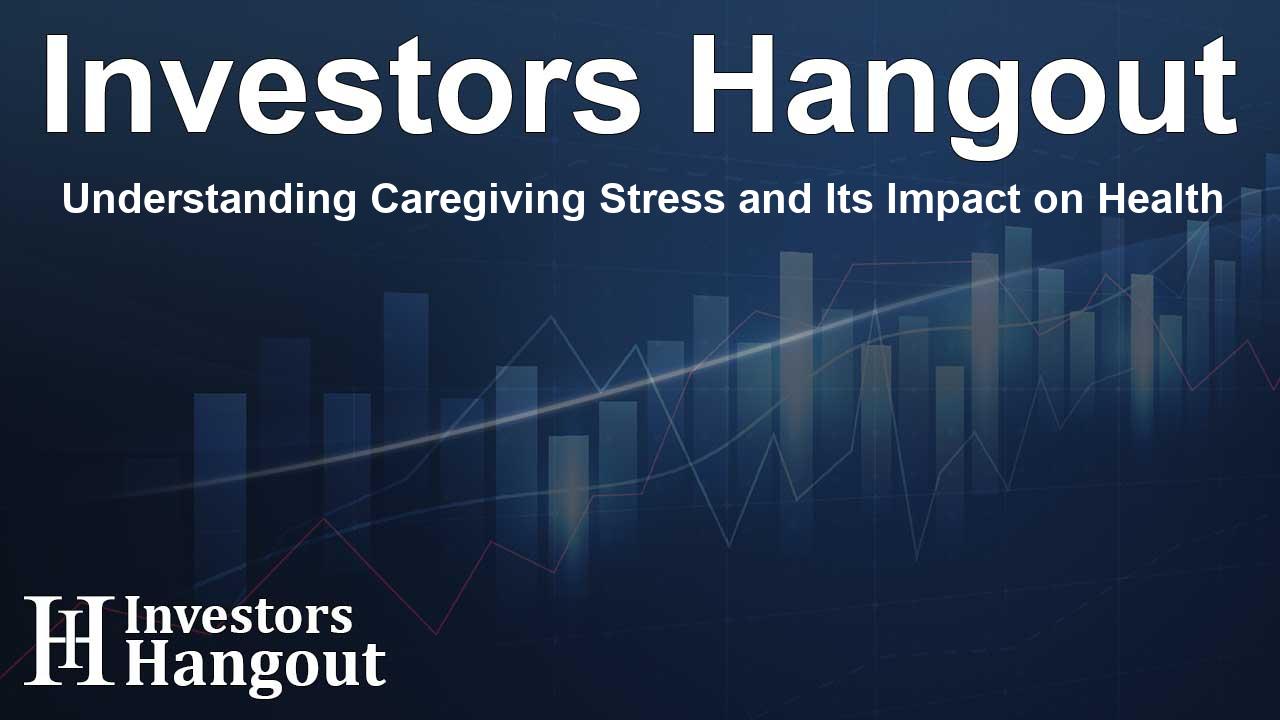Understanding Caregiving Stress and Its Impact on Health

Understanding the Link Between Caregiving Stress and Hypertension
Recent research has revealed a concerning connection between caregiving stress and the risk of developing hypertension, particularly among younger Black women aged 21 to 44. This demographic faces a higher prevalence of high blood pressure compared to women from other racial and ethnic backgrounds. While past studies have explored hypertension in middle-aged and older Black women, the impact of caregiving stress in younger individuals remains underexamined.
Key Findings from Recent Studies
In a study published in the American Heart Association journal Hypertension, researchers conducted a thorough analysis over approximately 7.4 years. Their findings showed that 43.5% of participants developed hypertension, with those experiencing moderate to high levels of caregiving stress exhibiting even higher rates. Specifically, 51.7% of those with heightened stress levels were diagnosed with hypertension, in contrast to 40.6% for those reporting low or no stress.
Insights from the Study
The study, led by experts from NYU Grossman Long Island School of Medicine, highlights the substantial role chronic caregiver stress plays in hypertension development. Dr. Milla Arabadjian, one of the authors, emphasizes the need to recognize caregiver strain as a contributing factor to cardiovascular disease among reproductive-age Black women.
Addressing Hypertension in Younger Black Women
This emerging body of research signifies the importance of identifying modifiable risk factors, such as caregiving stress, to enhance targeted prevention strategies for Black women. With rising hypertension rates among younger individuals, particularly those who are caregivers, addressing these risks is vital for improving overall health outcomes.
The Broader Context of Caregiving Stress
Recent statements from Dr. Vivek Murthy, the United States Surgeon General, underscore the heightened levels of stress faced by parents and caregivers over the past decade. The demanding nature of caregiving, a role predominantly filled by women, often results in chronic stress that can significantly impact mental and physical health.
Insights from the Jackson Heart Study
The ongoing Jackson Heart Study, focusing on the cardiovascular health of Black adults, provides essential insights into the intersection of caregiving and hypertension. This long-term study, which has followed over 5,300 participants since its inception in 2000, includes critical evaluations of caregiving stress and its correlation with hypertension among reproductive-age women.
Methodology of the Research
In the Jackson Heart Study, researchers utilized responses from participants regarding stress related to caregiving through a global perceived stress scale. Participants rated their stress on a four-point scale, allowing researchers to categorize them into groups of low and high stress. Hypertension was defined based on specific blood pressure readings or self-reporting the use of antihypertensive medications.
Future Recommendations for Addressing Caregiving Stress
Experts suggest that identifying the underlying causes of caregiving-related strain is crucial for developing effective interventions. For instance, if lack of affordable childcare presents a significant source of stress, connecting caregivers with childcare resources may alleviate some burdens. Additionally, educational initiatives tailored to improve communication between caregivers and their dependents can serve as beneficial strategies.
The Importance of Support
As this area of research progresses, it becomes increasingly evident that support systems are imperative for caregivers, particularly within vulnerable populations like younger Black women. Healthcare professionals and community resources must work collaboratively to address the unique challenges faced by these individuals.
Frequently Asked Questions
What is the connection between caregiving stress and hypertension?
Caregiving stress has been linked to higher rates of hypertension, especially among younger Black women, indicating an increased health risk as a result of chronic stress associated with caregiving responsibilities.
How prevalent is hypertension among younger Black women?
Younger Black women have a notable prevalence of hypertension, and many continue to face high rates of uncontrolled blood pressure, making this a pressing health concern.
What role do community resources play in supporting caregivers?
Community resources can offer vital support to caregivers by providing access to childcare, educational programs, and other services aimed at reducing stress and promoting health.
Why is it important to identify modifiable risk factors?
Identifying modifiable risk factors like caregiving stress can lead to targeted prevention efforts that ultimately reduce hypertension and improve overall health outcomes in specific populations.
What can caregivers do to manage stress levels?
Caregivers can engage in self-care practices, seek support from community resources, and develop strategies for balancing their caregiving responsibilities with personal well-being to better manage stress levels.
About The Author
Contact Caleb Price privately here. Or send an email with ATTN: Caleb Price as the subject to contact@investorshangout.com.
About Investors Hangout
Investors Hangout is a leading online stock forum for financial discussion and learning, offering a wide range of free tools and resources. It draws in traders of all levels, who exchange market knowledge, investigate trading tactics, and keep an eye on industry developments in real time. Featuring financial articles, stock message boards, quotes, charts, company profiles, and live news updates. Through cooperative learning and a wealth of informational resources, it helps users from novices creating their first portfolios to experts honing their techniques. Join Investors Hangout today: https://investorshangout.com/
The content of this article is based on factual, publicly available information and does not represent legal, financial, or investment advice. Investors Hangout does not offer financial advice, and the author is not a licensed financial advisor. Consult a qualified advisor before making any financial or investment decisions based on this article. This article should not be considered advice to purchase, sell, or hold any securities or other investments. If any of the material provided here is inaccurate, please contact us for corrections.
